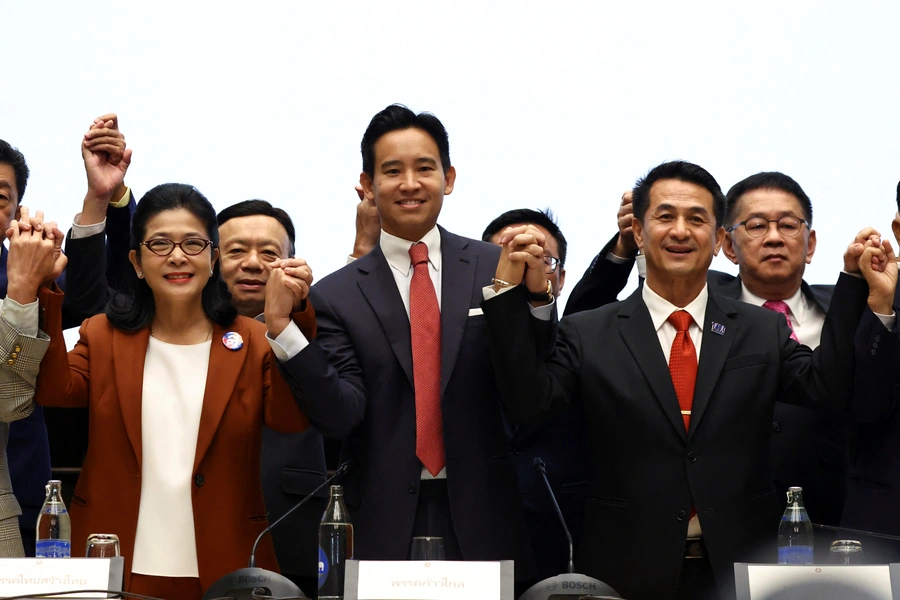ANDREA LÓPEZ-TOMÀS
06/26/2023

Syrian children play on a sports field at Shatila refugee camp in Beirut, Lebanon.
A group of Syrian women living in the Shatila refugee camp outside Beirut acknowledge the hardships but express worry about the recent rise in deportations by the Lebanese authorities
Ahed Huran never would have believed that a crowded, poverty-stricken concrete labyrinth would prove to be her family’s refuge and salvation. But for the past 11 years, this mother of five from Idlib in war-torn Syria has been saying “Thank God” that her family has been able to feel safe in the narrow alleys of the Shatila refugee camp outside Beirut.
And yet now, with the Lebanese authorities having launched a massive campaign to deport hundreds of Syrian refugees back to their home country, her calm has been shattered.
We hear many stories of people who have been deported to Syria and who, within days, have disappeared or died. Of course we are afraid.
“We hear many stories of people who have been deported to Syria and who, within days, have disappeared or died. Of course we are afraid,” Huran, 29, told The Media Line.
She speaks for many. There are about 20 women in the room, all of them refugees from Syria. They meet every week at the Alsama Studio, a social business enterprise in Shatila that provides a place for the women to create hand-made embroidery art inspired by their roots. While the items are sold and the funds raised go to the women—who are often the sole breadwinners in their families—the work primarily gives them an excuse to meet and share their experiences and their fears.
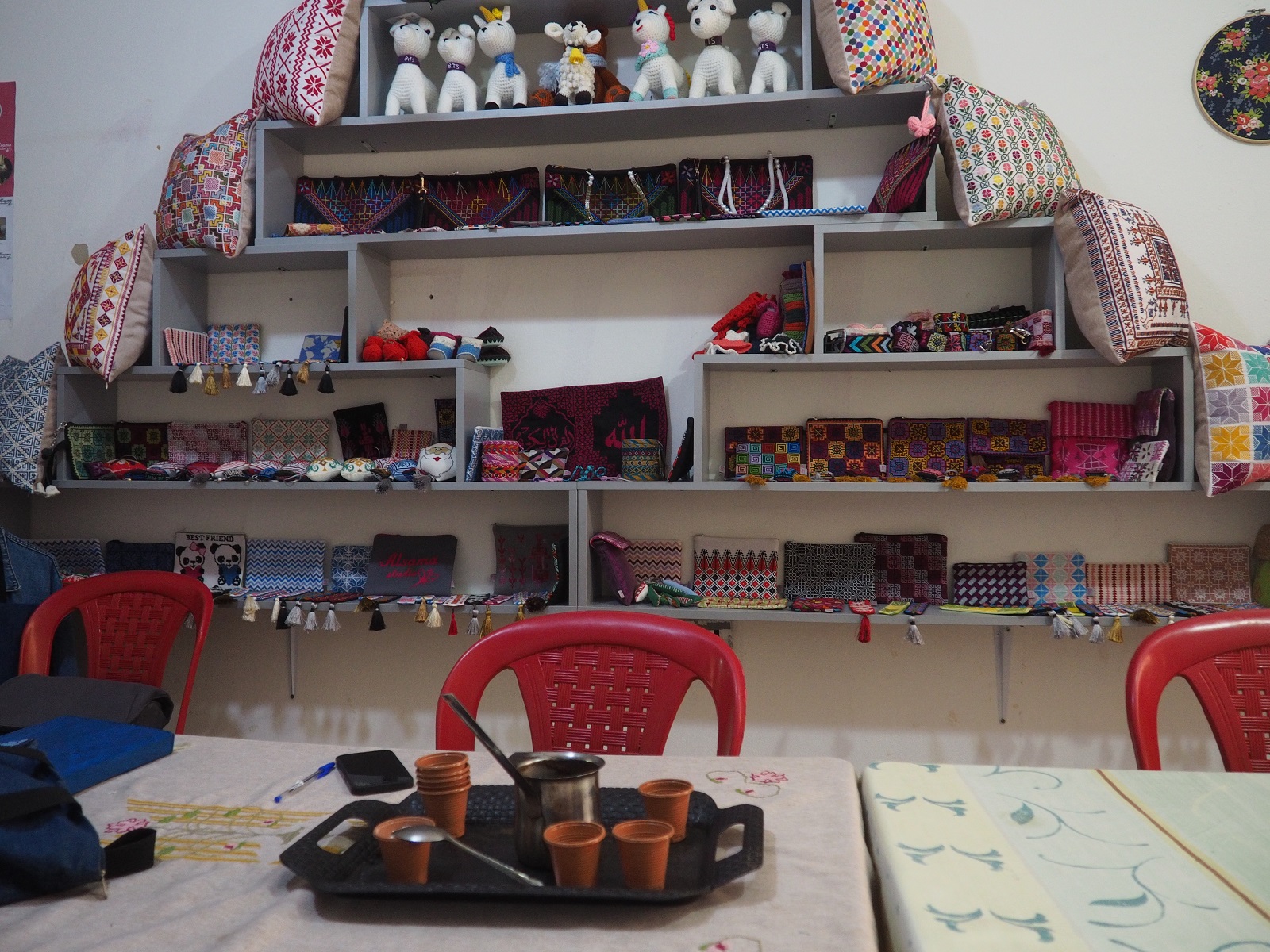
Alsama Studio, Shatila refugee camp, Lebanon. (Andrea López-Tomàs/The Media Line)
Life in Shatila, historically a Palestinian refugee camp, has isolated the Syrian refugees from the rest of the Lebanese capital, but now, ironically, it protects them. Neither the police nor the Lebanese Army dares to enter this concrete jungle rife with drug trafficking, illegal possession of weapons, and general precariousness, so the refugees here are not the target of the rising number of deportations.
Between April and May alone, at least 1,100 Syrian citizens were arrested in Lebanon, and about 73 raids led to the deportation of 600 people back over the border. On many occasions, the Syrian Army has handed returned refugees over to smugglers who charge them large sums of money to bring them back into Lebanon, where the majority, despite the deplorable situations in which they live, prefer to be.
“Our situation has changed a lot in recent weeks,” one woman, who wanted to be identified by the false name of Aisha for her own protection, told The Media Line.
“Everything is much more difficult, we are afraid to go to work,” she said.
In many towns, the municipalities have imposed new restrictions on Syrian refugees, such as requiring registration of Syrian citizens, imposing mandatory curfews on them, or conducting raids.
If all Syrians left Lebanon, this country would cease to exist, because most of the workers are Syrians. That’s why I don’t understand why they hate us.
“If all Syrians left Lebanon, this country would cease to exist, because most of the workers are Syrians. That’s why I don’t understand why they hate us,” a woman called Muna, also from Idlib, told The Media Line.
Syrian refugees, including children, are in charge of doing the hardest jobs in agriculture or construction, jobs that the locals do not want to do. Some 839,000 Syrian refugees are registered in Lebanon with the United Nations refugee agency UNHCR. But the Lebanese authorities estimate that the number is really closer to 1.5 million. The government’s request to the UNHCR to stop registering new arrivals after 2015 prevents the actual number from being known.
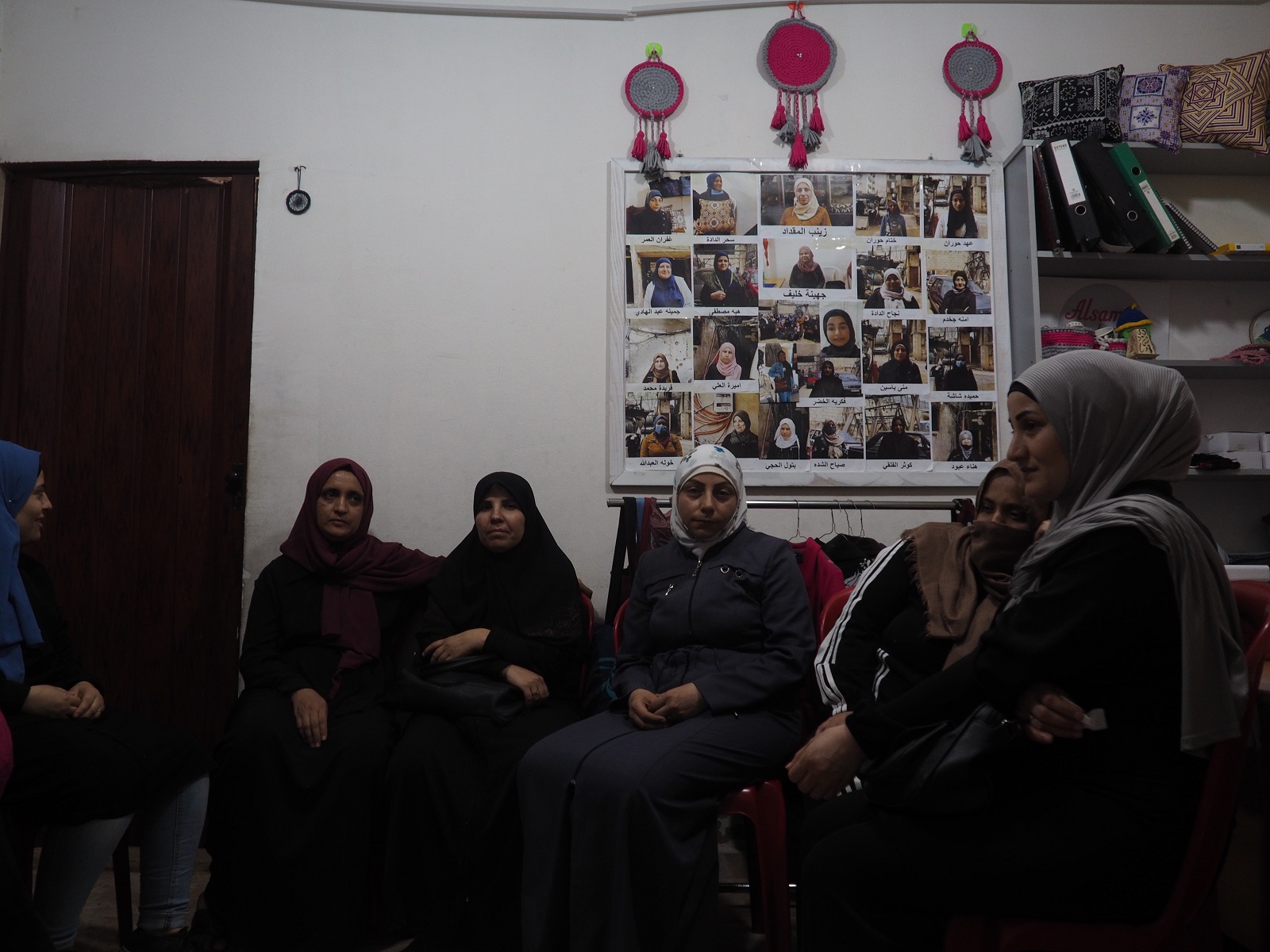
Syrian refugees in Shatila refugee camp, Lebanon. (Andrea López-Tomàs/The Media Line)
“The Lebanese attack us because they consider that we receive more humanitarian aid than they do, but that is not true,” said a woman called Amal, another made-up name.
“The UNHCR gives us 1,100,000 Lebanese pounds a month [about $73.50], which is not even enough to pay for one of my children’s school fees,” Muna said.
Lebanon’s economic collapse has pushed the already vulnerable Syrian refugee community into extreme poverty, with more than 90% of the refugees living in poverty, according to the United Nations.
“If the situation in Syria was good, obviously I wouldn’t be here, but unfortunately it’s not something that’s in our hands,” Huran said.
Another woman, Ghofran Limam, said that before the civil war, “In our country, we had everything, we could find anything we wanted.” But that Syria no longer exists.
The return of Syria under dictator Bashar Assad to the Arab League recently has aggravated the situation. The same Arab countries that supported the popular uprising in 2011 are the ones now holding hands with the Syrian president, and many are beginning to return refugees to Syria on the basis that it is now “safe.” For many refugees, this has been the confirmation of the defeat of the revolution.
“We are against his re-entry [to the Arab League], he is not our president,” Aisha told The Media Line. “They have made this decision for the return of Assad without making our country better.”
Not only is Syria suffering the effects of more than a decade of civil war, but it is still under international sanctions and recently endured a deadly earthquake.
“Everything is the regime’s fault. I don’t want to return to a country with the same regime,” Muna said.
Meanwhile, the Syrian refugees in Lebanon also suffer from the contempt of the Lebanese towards them.
“Even when we go to the market we notice it. They whisper ‘they are Syrians’ and then say a string of bad words,” Limam told The Media Line.
“The Lebanese think that we Syrians don’t understand anything, that we don’t have a culture, as if we came from nowhere,” Huran said. “When I hear something like that on the street, it really hurts me.”
Speeches by Lebanese politicians pointing to the Syrian population as the origin of all of Lebanon’s wrongs have fueled anti-Syrian rhetoric in recent months. Inactive and ineffective in handling the economic meltdown of the country, the Lebanese authorities have made the Syrians their scapegoats and have focused on deportations as the solution.
Asked what she thought about the future, Huran snorted and stared up at the ceiling.
“I think about tomorrow, whether everything will improve or it will be worse again,” she said. “Above all, I think about my children, that if we stay in this situation, it is impossible that there is a future.”
She added that lack of access to education was yet another area where Syrians suffered from a lack of opportunities.
From across the room, Muna reminded her that there was something good in everything that had happened to them.
“We are all Syrians, but from different parts of the country, so if we weren’t here, we wouldn’t have met,” she said and smiled, prompting her friends to smile too. At least, they all seemed to say in silent unison, they have each other.



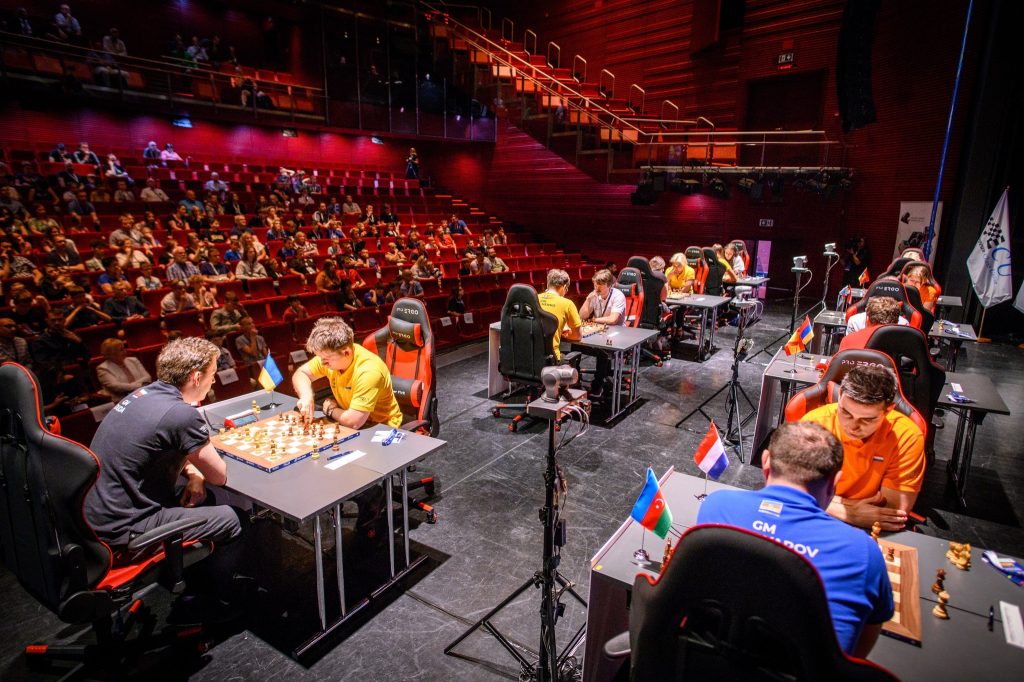




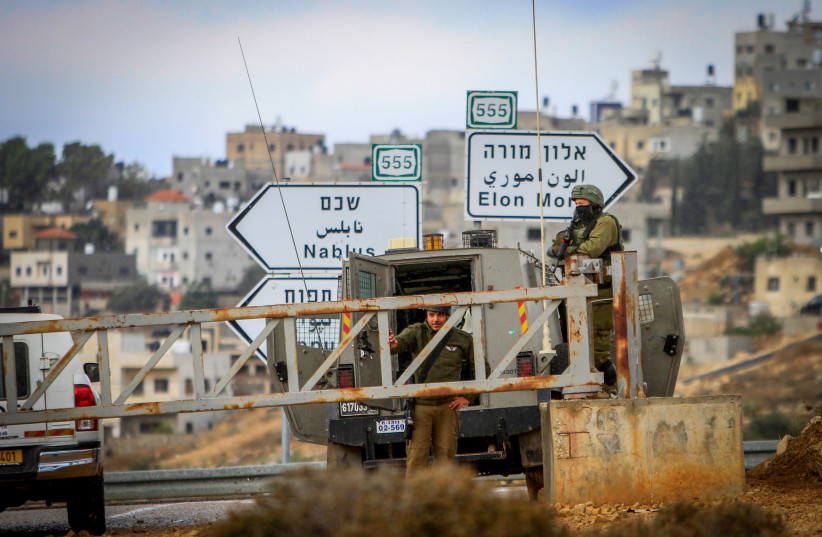
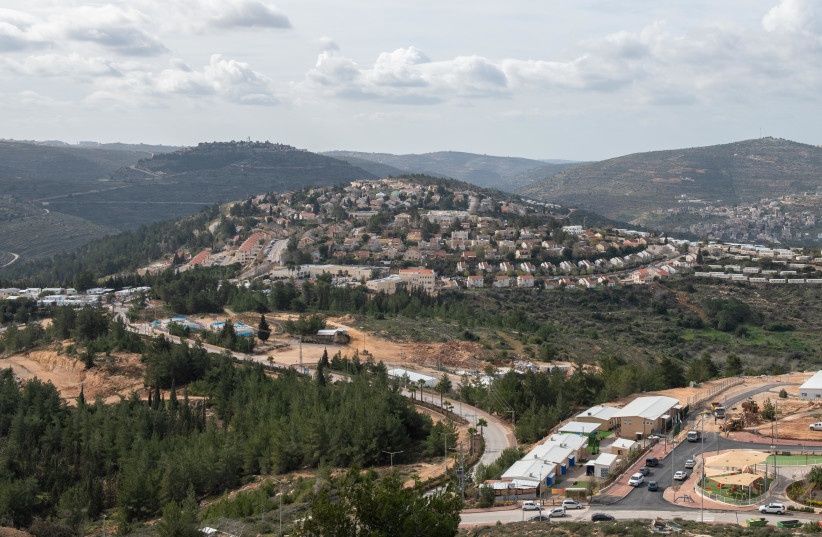
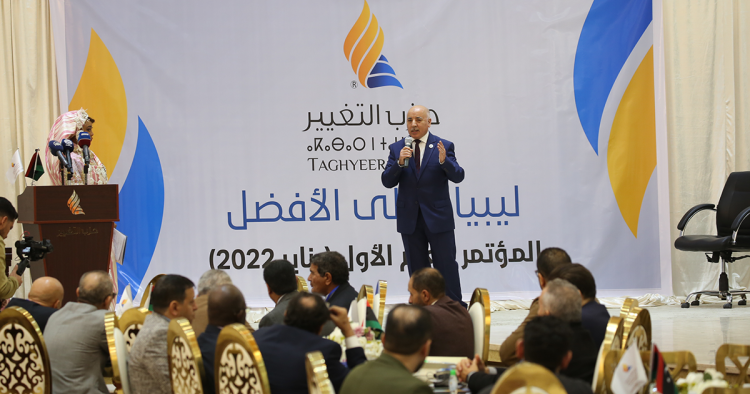


:quality(70):focal(1585x950:1595x960)/cloudfront-eu-central-1.images.arcpublishing.com/thenational/KSPDKQ3HSIQQ4CYDU7VJJOEH5E.jpg)

